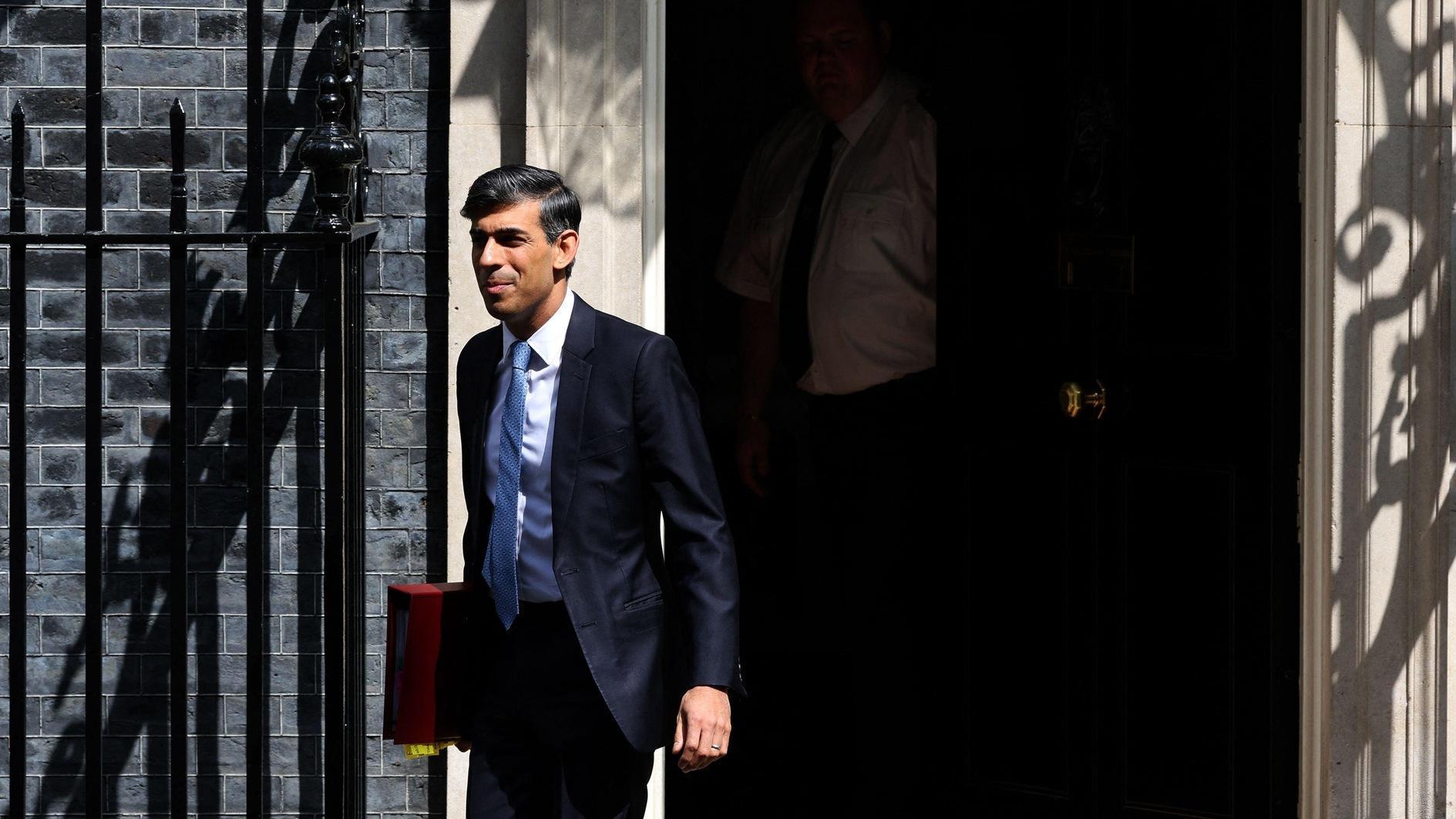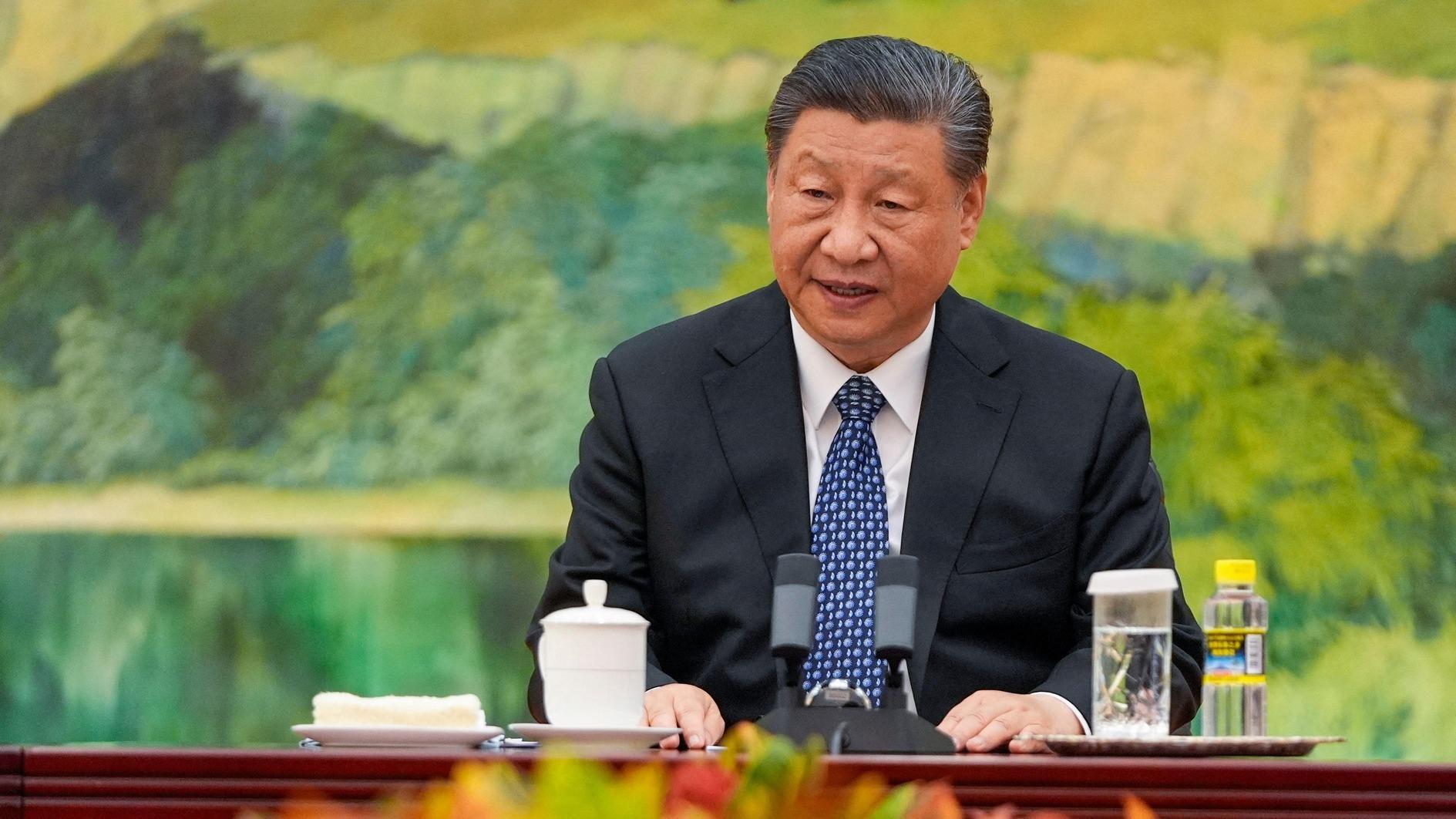The dazzling speed of shifting alliances in the Mideast
It must be difficult for an ordinary person to understand what’s going on in the Middle East.
But the challenge is not any easier for the experts whose job is to analyze the events and make projections. Part of the challenge stems from shifting alliances in the region: Yesterday’s enemies become today’s friends and vice versa.
Look at Iraq for instance. Fleeing Baghdad after an arrest warrant on terrorism charges was issued, Iraq’s most senior Sunni Arab politician, Vice-President Tariq al-Hashemi, has found refuge in northern Iraq, a region under control of the Kurds, which were accused by Sunnis in the past of siding with the Shiites.
Iraq’s Shiite Prime Minister Nouri al-Maliki, who has been able to form and stay in government thanks to the support of the Kurdish alliance, is putting pressure on Kurds to hand al-Hashemi over.
Not long ago there was a tacit understanding between Kurds and Shiites: Kurds will side with the Shiites in their contention with the Sunnis in return for safeguarding the gains they obtained for autonomous rule.
This Kurdish-Shiite coalition never pleased Turkey. Kurds took note of Turkey’s efforts to get rid of al-Maliki during the electoral period in 2010. When it became apparent al-Maliki would stay in power, in order to counterbalance him, Turkey suggested replacing the country’s Kurdish president by a Sunni, which infuriated the Kurds.
In the first half of the 2000s, neighboring a Turkey hostile to their urge for self rule, Iraqi Kurds saw their interest in supporting the Shiites, which have closer links with Iran. “They had to choose between two bad options so they chose the less worse,” said a foreign observer in reference to Shiites and Sunnis.
In the second half of the 2000s, relations improved with Turkey, which no longer approached Kurds’ urge for self rule with paranoia. “They only understand now al-Maliki is getting out of control,” said a Turkish official.
It remains unknown how long the alliance between Sunnis and Kurds, which are predominantly Sunni, will continue. This might depend on how events will unfold in Syria, another country at the center of shifting alliances.
No need to recall how Turkish-Syrian relations, which improved at an extraordinary speed, got soured with equally the same speed. But it might be worth recalling how Turkey mediated in 2009 in the Syria-Iraq dispute stemming from the latter’s accusation Syria is providing a safe haven for Sunni insurgents.
As of today, while fighting the remnants of the Baath regime in Iraq, al-Maliki is now standing behind the Baath regime in Syria.
For some, this stems from his fear of seeing a Sunni administration in Syria. For others he can’t do otherwise, as Iran is against the fall of al-Assad’s regime. For many, al-Maliki and his Shiite allies are hand in glove with Iran.
But then, why is he so indispensable for Washington, whose nightmare is to see Iranian influence rising in the region? “Maliki is not really Iran’s man and Washington believes there is not a better alternative to Maliki,” said an American expert.
The situation in Iraq is becoming a mess, and this was foreseen long ago by Ankara. Turkey kept warning al-Maliki was a man with the tendency to abuse the extraordinary powers vested with the Prime Ministry. Its warnings went to deaf ears in the U.S., which keeps repeating the mistake of lending an ear to the wrong guys.











